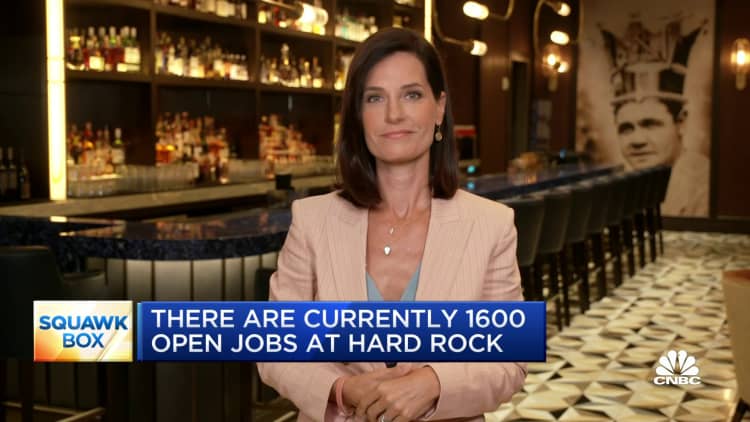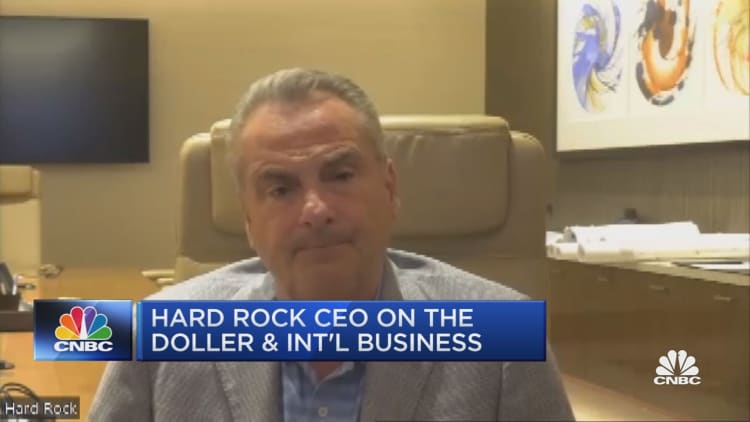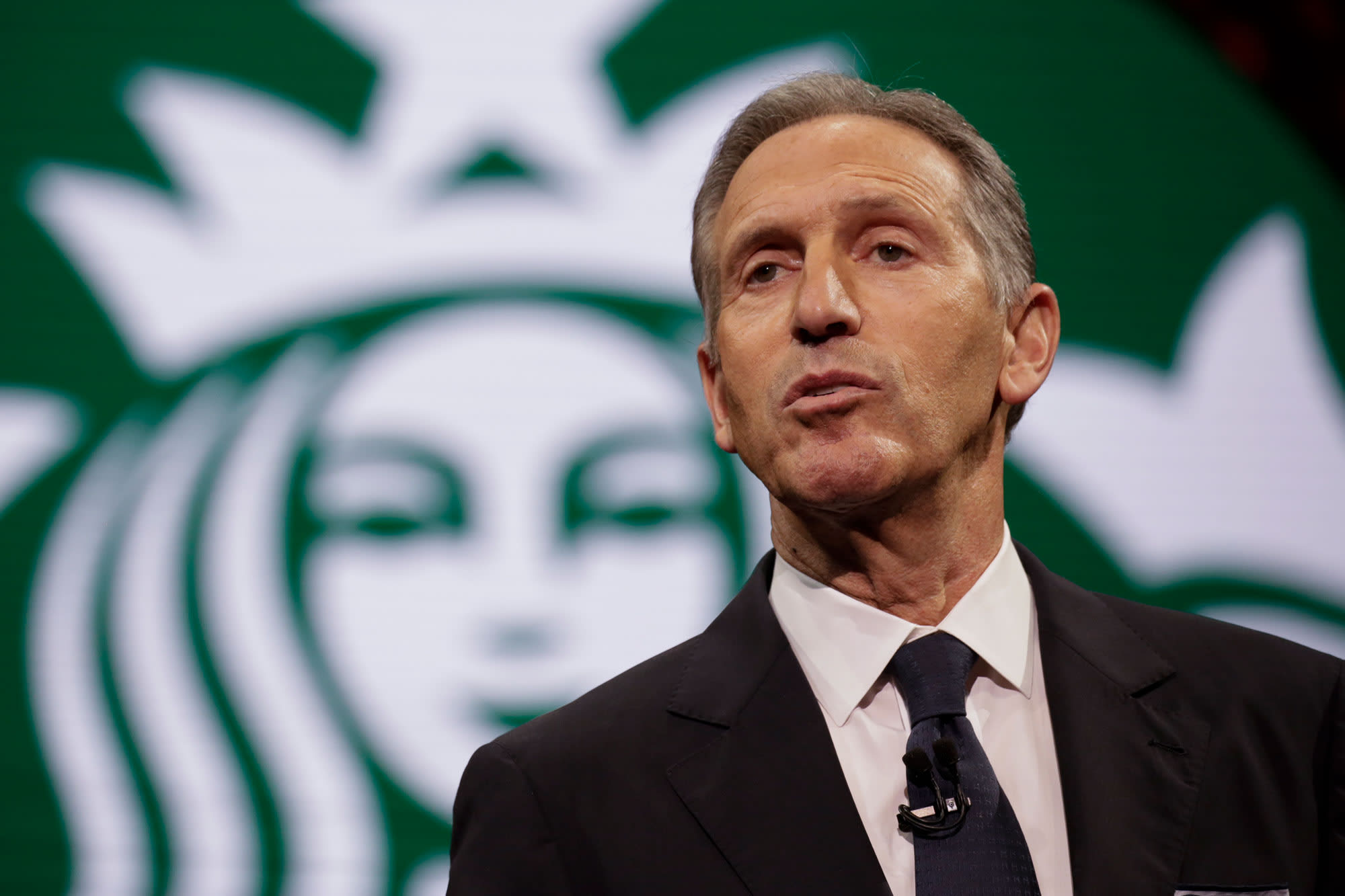[ad_1]

Cheers and tears — that’s how thousands of Hard Rock workers reacted when they learned their paychecks are about to get a lot bigger.
As inflation surges and recession fears linger, Hard Rock International and Seminole Gaming will spend more than $100 million to raise wages significantly for half of its U.S. workforce, more than 10,000 employees.
related investing news
The increases are significant, more than 60% in some cases, with starting wages between $18 and $21 an hour for workers in 95 different jobs, including cooks, housekeepers, security public space, call center and front desk attendants. In Florida, where the company is headquartered, some team members could get $16,000 more than the state’s minimum wage, Hard Rock said.
Jim Allen, chairman of Hard Rock and CEO of Seminole Gaming, said he’s certain the investment will help the company retain workers and prevent turnover, even though it will have a big impact on the bottom line.
“We could have substantially reduced the total capital that we’re willing to commit to our employees, hypothetically, maybe given $2 or $3 an hour raise versus a $6 or $7 [an hour],” Allen told CNBC, “but I looked at it and said, ‘Let’s be the leader. Let’s be ahead of the curve.'”
Allen said he wanted to show his appreciation, and he is betting there will be a significant return on the investment, with co-workers performing at a top level to give guests a memorable experience.

But, Allen added, he’s also concerned about skyrocketing inflation and its impact on employees. “We have really changed the lifestyle and the standard of living of thousands of people,” he said.
Inflation is having an impact on the company, resulting in some softening in July, according to Allen. Rising rates and pressure on Americans’ savings could put pressure on Hard Rock for the second half of 2022 and the first two quarters of 2023, he said.
The company is already seeing pressure from currency concerns, as the strong dollar is making it more expensive for European tourists to visit the U.S., he said.
Russia’s ongoing invasion of Ukraine – which has pushed energy and other living costs higher in Europe – is also hurting the company’s cafes in prime, gateway cities such as Barcelona, Athens and London, Allen said. Tourism is down 40% in some cases, he said.
Source link





